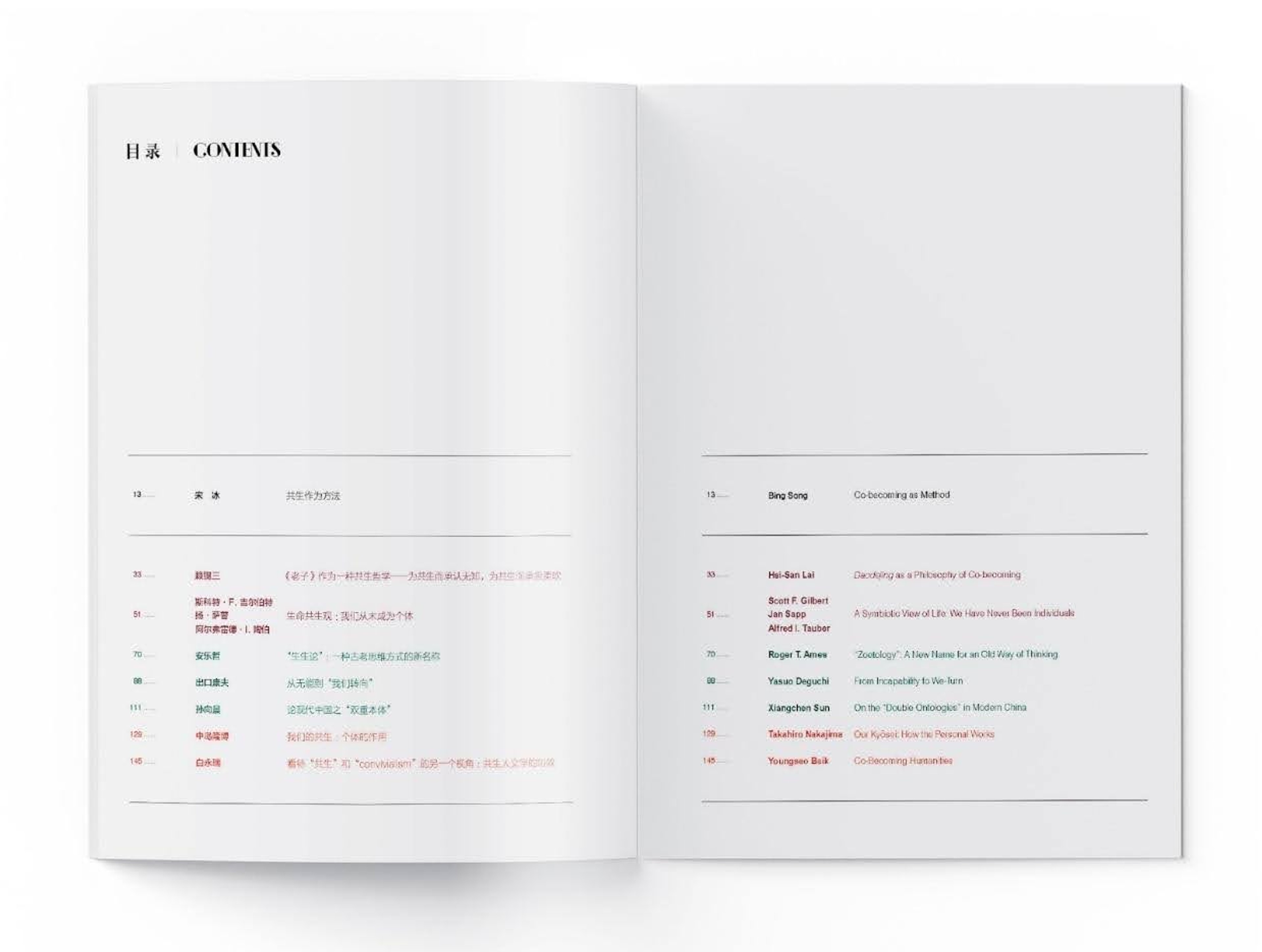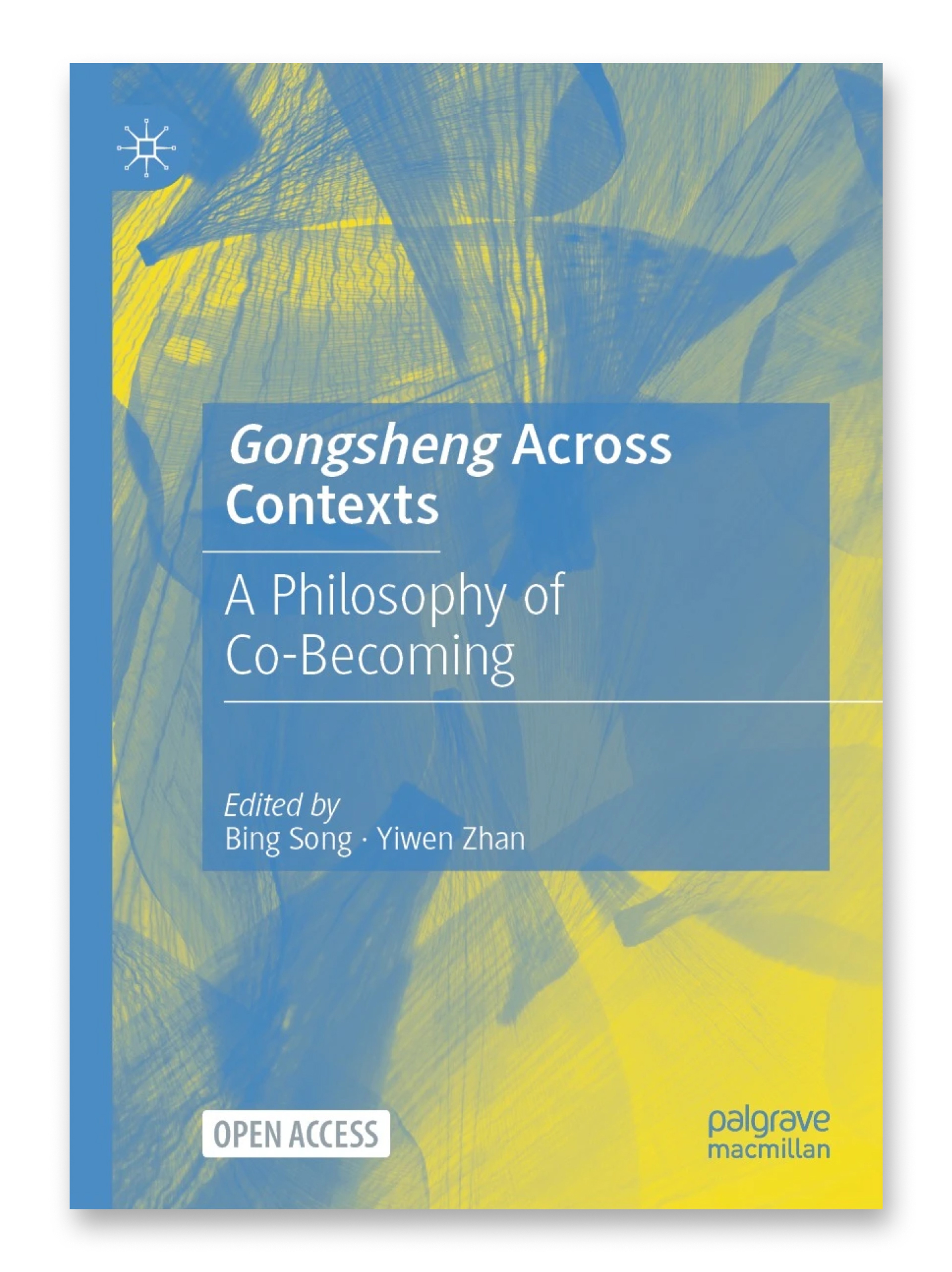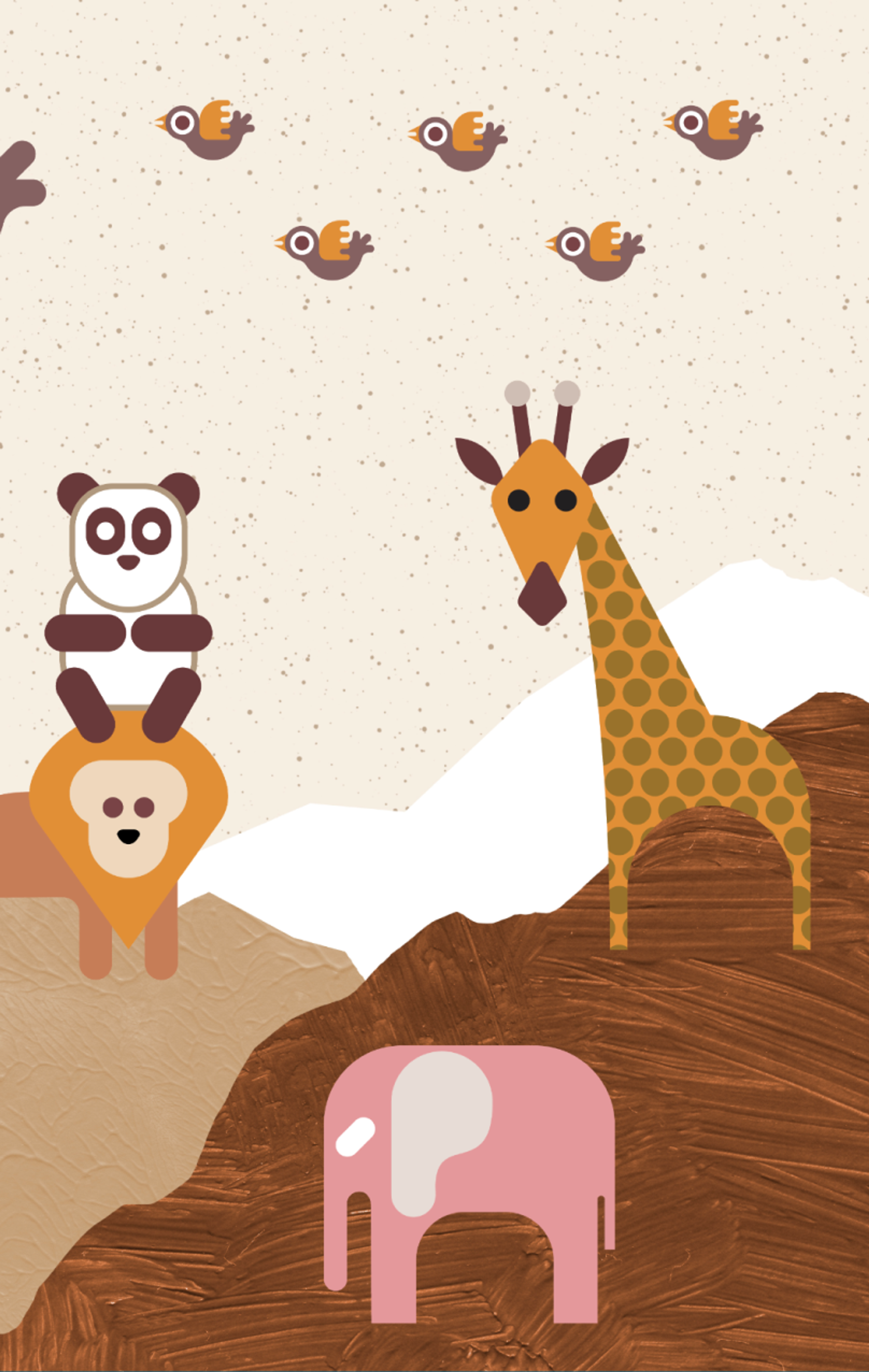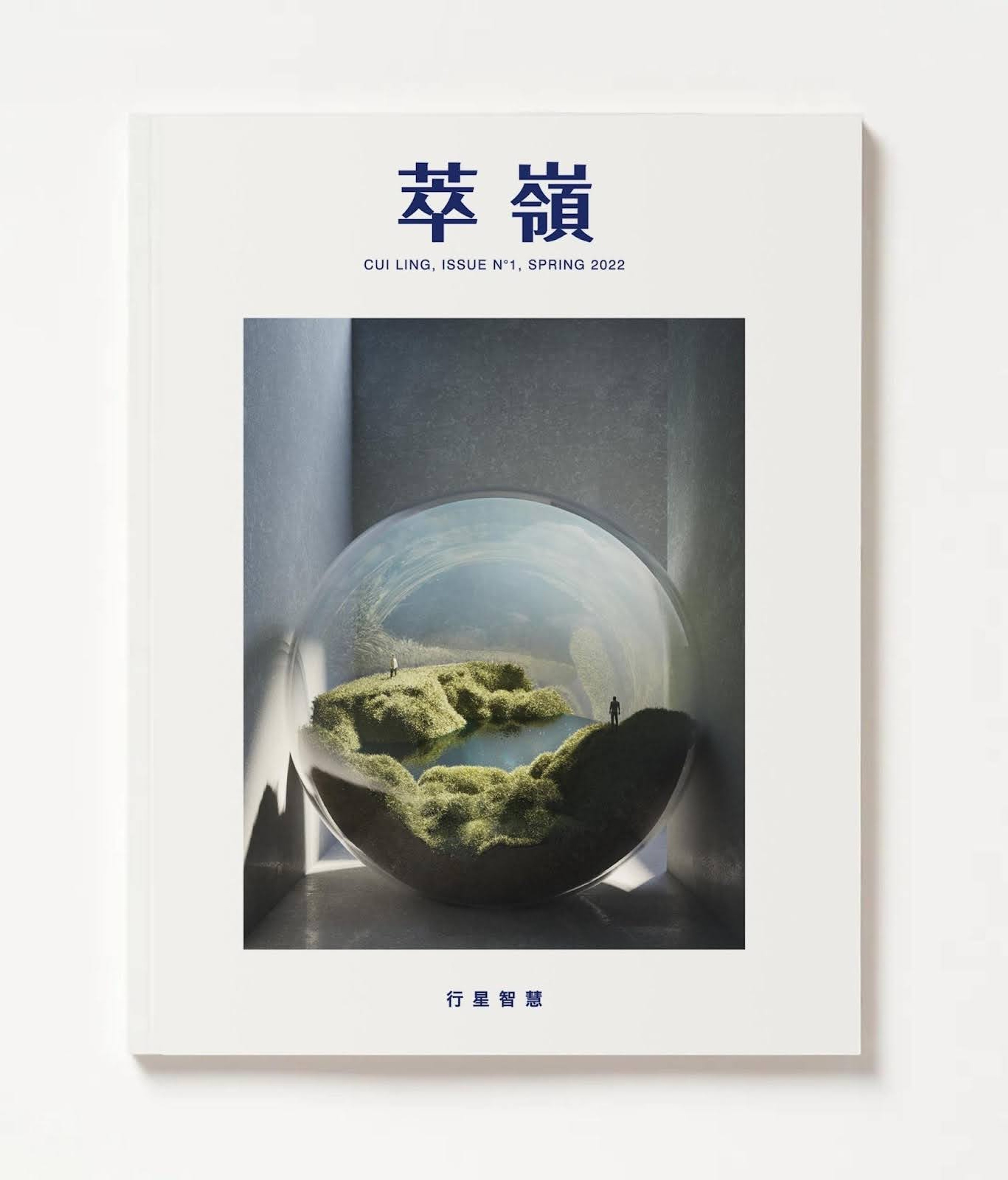Cuiling Issue III
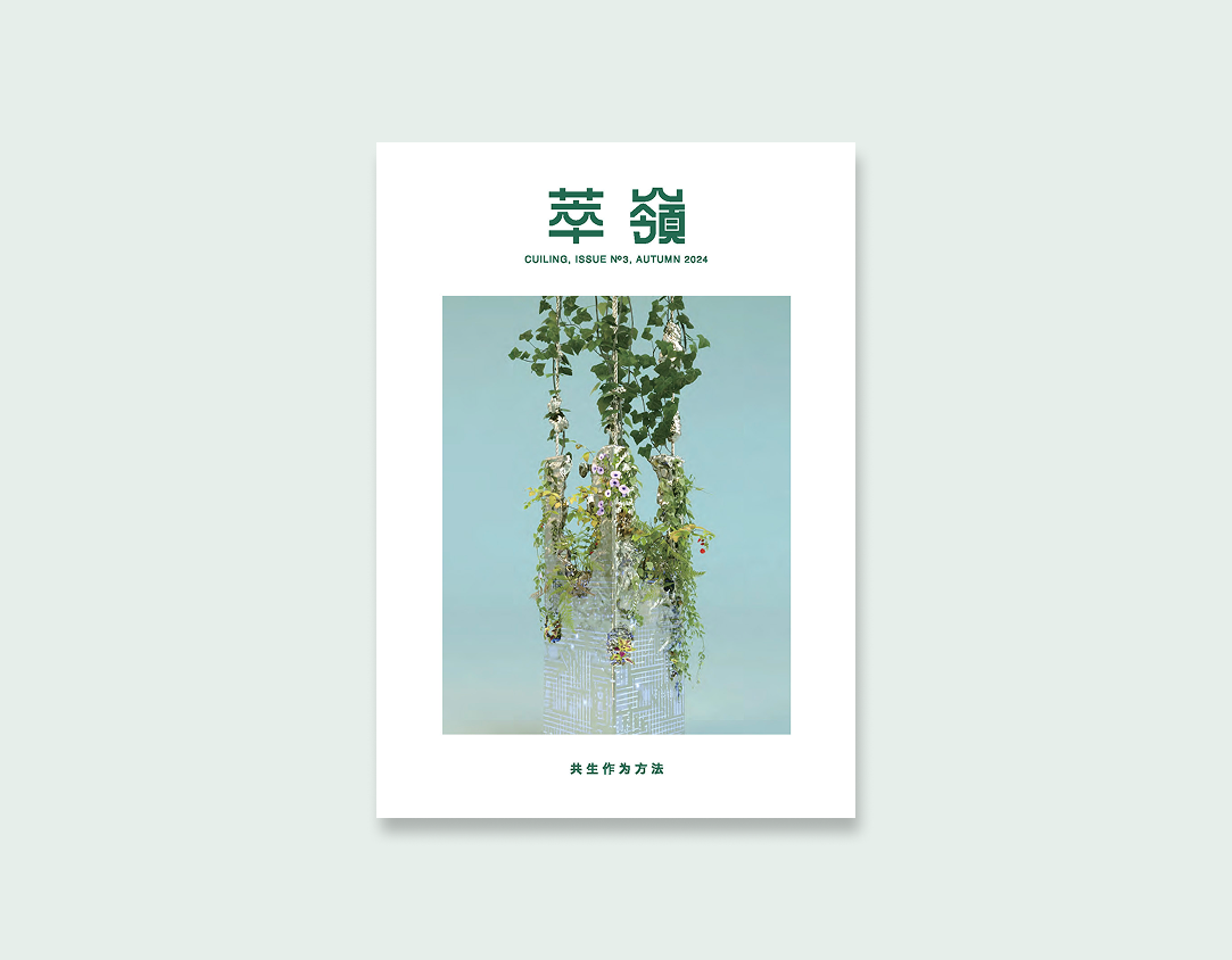
The notion of "co-becoming" — gongsheng in Chinese or kyōsei in Japanese (共生 in both written Chinese and Japanese kanji) has been widely deployed in contemporary East Asian discourse. It would not be an overstatement to call it an omnipresent element of the collective unconscious in East Asian societies.
To explore the potential and significance of the “co-becoming” notion in addressing planetary scale challenges, the inaugural issue of Cuiling (2022) and the edited volume Gongsheng Across Contexts: A Philosophy of Co-becoming (Macmillan Palgrave, January 2024) attempt to trace the "roots" and intellectual origins of the contemporary notion of “co-becoming” within the traditions and practices of Eastern philosophy.
The third issue of Cuiling, titled “Co-becoming as Method,” brings together recent essays from the Co-becoming project. This issue focuses on a collection of ideas and theories that share a “family resemblance.” Notable examples include Sun Xiangchen’s “dual ontology,” Roger Ames’s “zoeology,” Nakajima Takahiro’s “human co-becoming” alongside his reflections on “the personal versus the individual,” Deguchi Yasuo’s “self as we,” and Youngseo Baik’s “Co-becoming Humanities.”
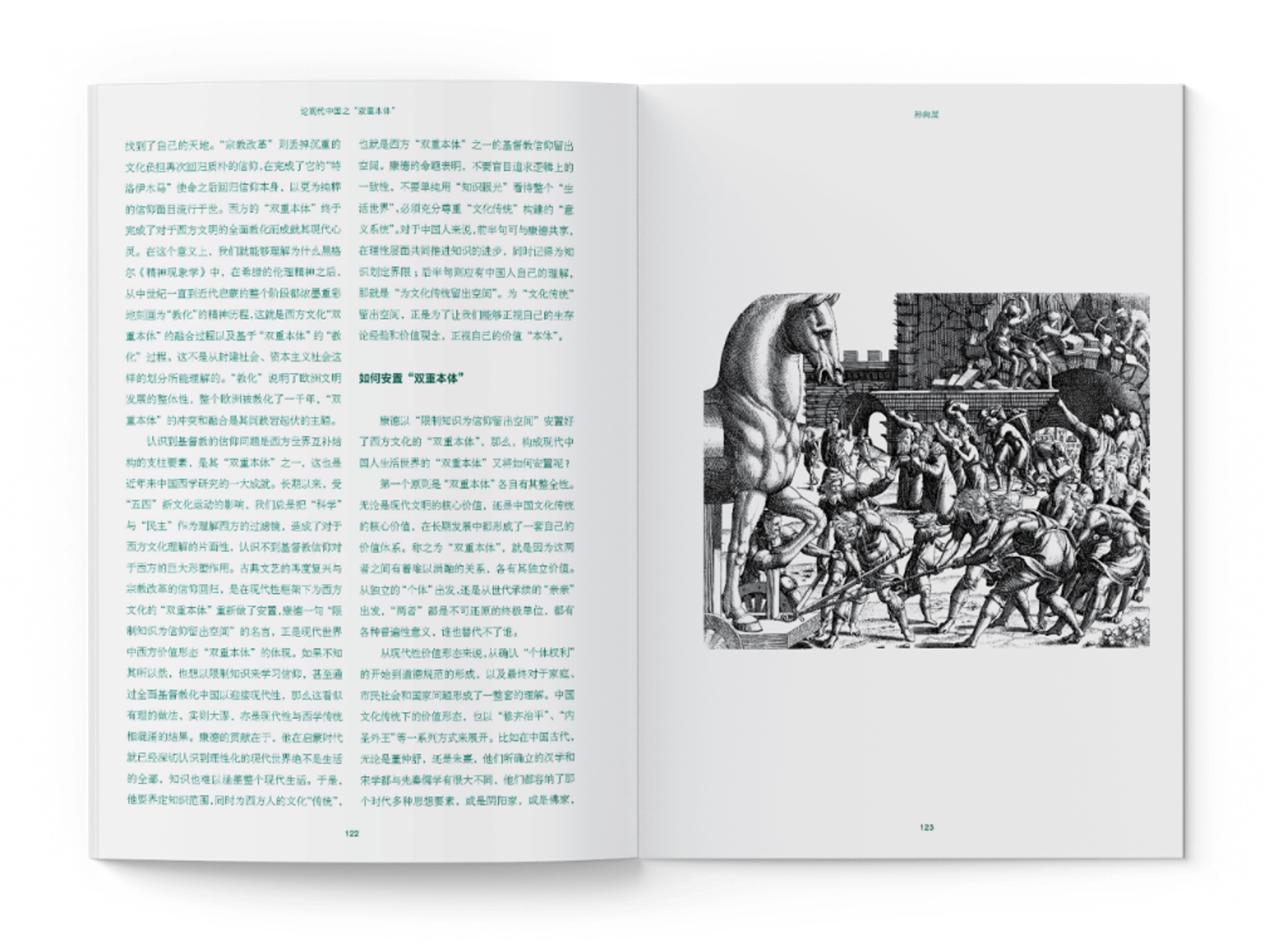
These interdependent concepts challenge and enrich the commonly held notion of the “individual,” a cornerstone of mainstream modernity and its institutions, thereby shaping a new ontological perspective. The interactions among these concepts—through shared inspiration, refinement, and integration—underscore co-becoming as both a wellspring of insight and a methodological strategy.
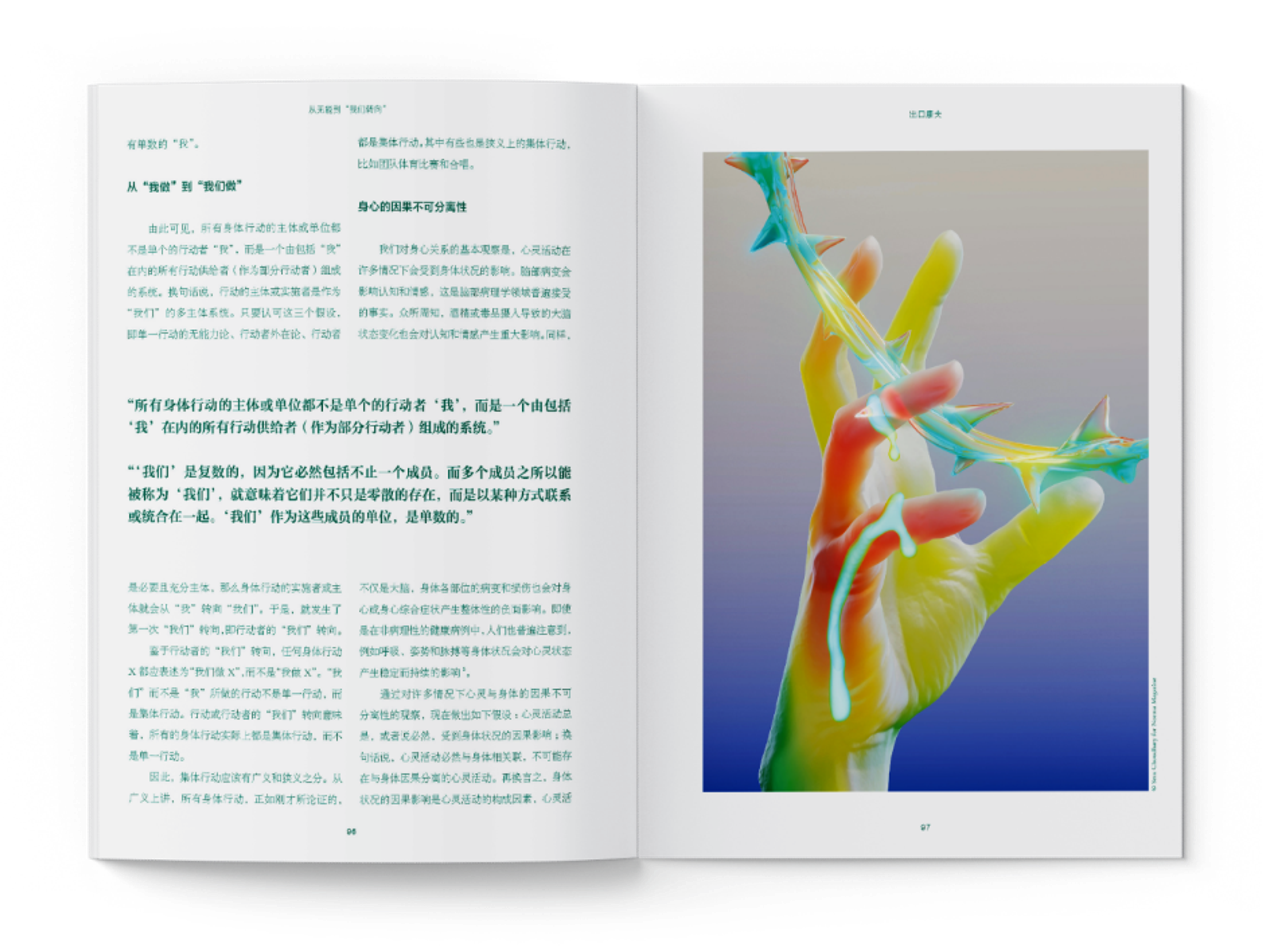
Contents
- Bing Song: Co-becoming as Method
- Hsi-San Lai: Daodejing as a Philosophy of Co-becoming
- Scott F. Gilbert, Jan Sapp, Alfred I. Tauber: A Symbiotic View of Life: We have Never Been Individuals
- Roger T. Ames: “Zoetology”: A New Name for an Old Way of Thinking
- Yasuo Deguchi: From Incapability to We-Turn
- Xiangchen Sun: On the “Double Ontologies” in Modern China
- Takahiro Nakajima: Our Kyōsei: How the Personal Works
- Youngseo Baik: Co-becoming Humanities
